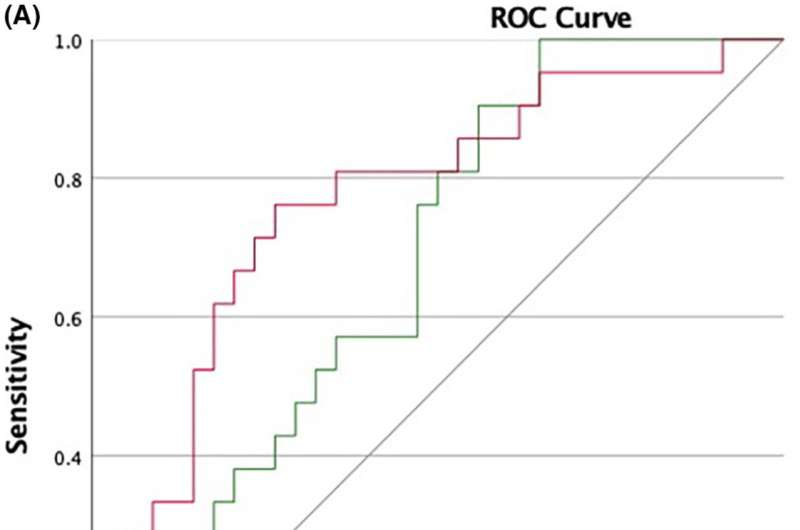This article has been reviewed according to Science X's editorial process and policies. Editors have highlighted the following attributes while ensuring the content's credibility:
fact-checked
peer-reviewed publication
trusted source
proofread
Study shows that the Basophil Activation Test is best biomarker for predicting allergic reactions

New research published in the journal Allergy has found that Basophil Activation Test (BAT) can be used to better detect allergies and predict the severity of allergic reactions than traditional predictions made via clinical criteria.
The Basophil Activation Test to Diagnose Food Allergy (BAT2) Study, led by Professor Alexandra Santos of King's College London, aimed to identify if BAT testing could be used to predict the risk of severe allergic reactions and/or low threshold of reactivity.
For the study, 150 children, recruited from specialized tertiary pediatric allergy clinics in London, underwent a double-blind placebo-controlled food challenge to determine possible allergies to baked egg. Patients who passed this underwent a similar process but this time with loosely cooked egg, with the severity of allergic reactions classified following Practall guidelines.
The results of the testing showed that BAT was the best biomarker to predict severity and threshold of allergic reactions to baked egg with 75% and 71% accuracy, respectively. The findings give indications that in clinical practice BAT could be used to help identify allergies and avoid accidental reactions and possible severe reactions.
"Being able to identify patients who are more at risk of severe reactions or of reacting to small amounts of the allergen is very important so that we can implement measures to ensure such patients are safe and well-informed about their allergies," says Professor Alexandra Santos.
Food allergies are common, and the severity of allergic reactions have tripled in the U.K. over the last three decades. However, currently, there is no way to identify with precision the children who are at risk of severe allergic reactions and/or of reacting to low amounts of allergen.
The research has implications for large proportion of the world's population who are living with a food allergy and demonstrates that there is an easy way to identify patients at risk of severe allergic reactions, particularly for staple foods like egg.
"It was striking that, when we looked at the children that, during the conduct of the study, we had identified as high-risk, there was an equal proportion of high-risk children among children who developed severe reactions and children who had mild or moderate reactions during the egg challenges," says Santos.
"This observation clearly highlights that we are currently not able to identify high-risk groups based on clinical criteria. The basophil activation test showed to be the best predictor of severity and threshold, and could be very informative in clinical practice."
Other characteristics of the studied children, namely age, gender, ethnicity, previous allergic reactions to egg, previous consumption of egg, history of eczema, asthma, allergic rhinitis, skin prick test or specific IgE were not significantly different between children with severe versus non-severe reactions or between children who react to low versus higher amounts of egg.
Further validation is required with more studies adopting such a rigorous approach and being based on different patient populations needing to be conducted to investigate the reliability and generalizability of the results.
More information: Suzana Radulovic et al, Basophil activation test as predictor of severity and threshold of allergic reactions to egg, Allergy (2023). DOI: 10.1111/all.15875





















